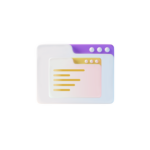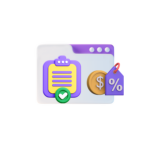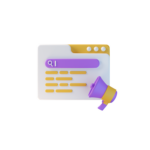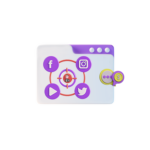Title: PHP Frameworks: A Comparative Analysis
In the dynamic world of web development, PHP remains a popular choice for many developers due to its simplicity, scalability, and vast community support. One of the key factors contributing to PHP’s effectiveness is the use of frameworks, which provide a robust structure to streamline development and improve efficiency. This article presents a comparative analysis of some of the most widely-used PHP frameworks: Laravel, Symfony, CodeIgniter, and Yii.
- Laravel
Laravel, released in 2011, is a modern PHP framework known for its expressive syntax and elegant design. It comes with built-in solutions for routing, authentication, and databases, making it easy for beginners while still offering powerful features for advanced users. Laravel’s ORM (Object-Relational Mapping) system, Eloquent, simplifies database interactions, and the comprehensive package system eases third-party library integration.
- Symfony
Symfony, launched in 2005, is one of the oldest and most established PHP frameworks. It’s a collection of reusable PHP components that follows the Model-View-Controller (MVC) architecture. Symfony is highly flexible and offers extensive customization options, making it suitable for large-scale enterprise applications. It’s also the backbone of several other popular PHP frameworks, such as Slim and Doctrine.
- CodeIgniter
CodeIgniter, developed in 2006, is a lightweight PHP framework, with minimalist design. It is highly suitable for small- to medium-sized projects and those seeking speed and efficiency. CodeIgniter lacks some of the advanced features of other frameworks but provides a quicker learning curve for beginners due to its straightforward and easy-to-understand code structure.
- Yii
Yii, launched in 2008, is another high-performance PHP framework known for its rapid application development. It provides an advanced caching system, efficient input validation, and automated testing features. Yii also follows the MVC pattern and offers extensive documentation, making it suitable for both beginners and experienced developers.
Comparison
-
Learning Curve: Laravel and Yii have a slightly steeper learning curve compared to CodeIgniter and Symfony, due to their richer feature sets and expressive syntax.
-
Performance: Symfony and Yii outperform Laravel and CodeIgniter in terms of raw speed, thanks to their caching mechanisms and optimized code.
-
Flexibility: Symfony and Yii offer greater flexibility due to their modular structure and extensive customization options. Laravel provides a good recuento between ease of use and flexibility, while CodeIgniter is more limited but simpler.
-
Community and Documentation: Laravel and Symfony have thriving communities and excellent documentation, making them great choices for long-term projects. Yii also has a supportive community, although its documentation may not be as extensive as the other two. CodeIgniter has a smaller community but still provides decent documentation.
- Ease of Integration: Laravel’s package system makes it easy to integrate third-party libraries, while Symfony and Yii provide APIs for extension development. CodeIgniter’s minimalism may limit integration options.
In conclusion, each PHP framework selection depends on the project’s requirements, the developer’s experience level, and personal preference. Laravel, with its expressive syntax and ease of use, is an excellent choice for building dynamic web applications, while Symfony, with its extensive customization options, is ideal for large-scale enterprise projects. CodeIgniter and Yii offer a more lightweight solution, making them suitable for small to medium projects or developers seeking simplicity and speed. Ultimately, the choice between these frameworks will depend on the specific needs and priorities of each project.























